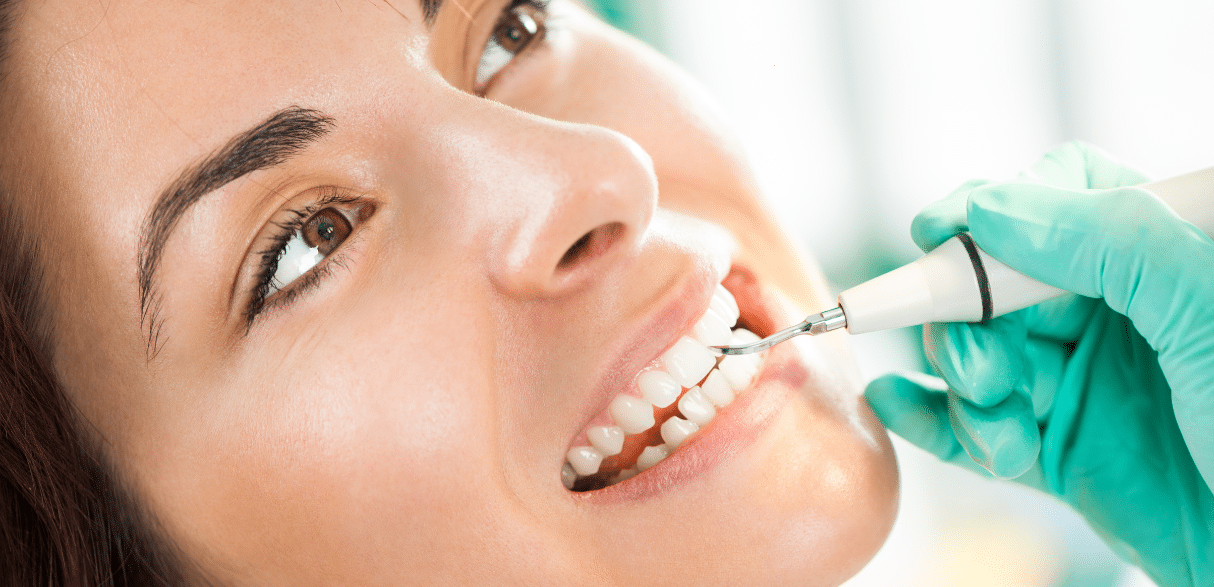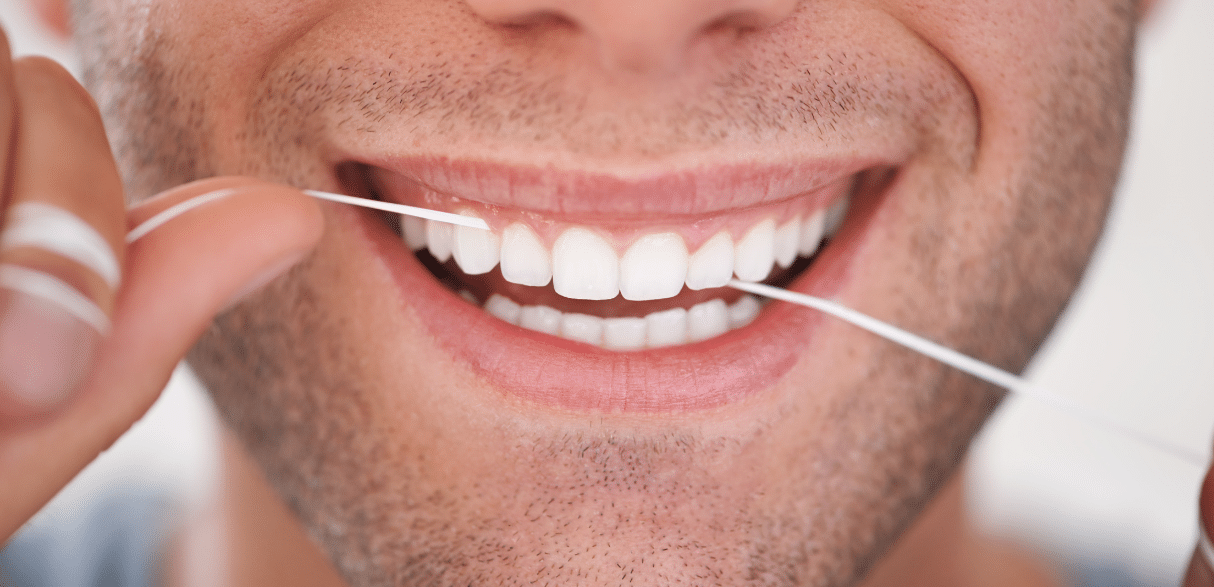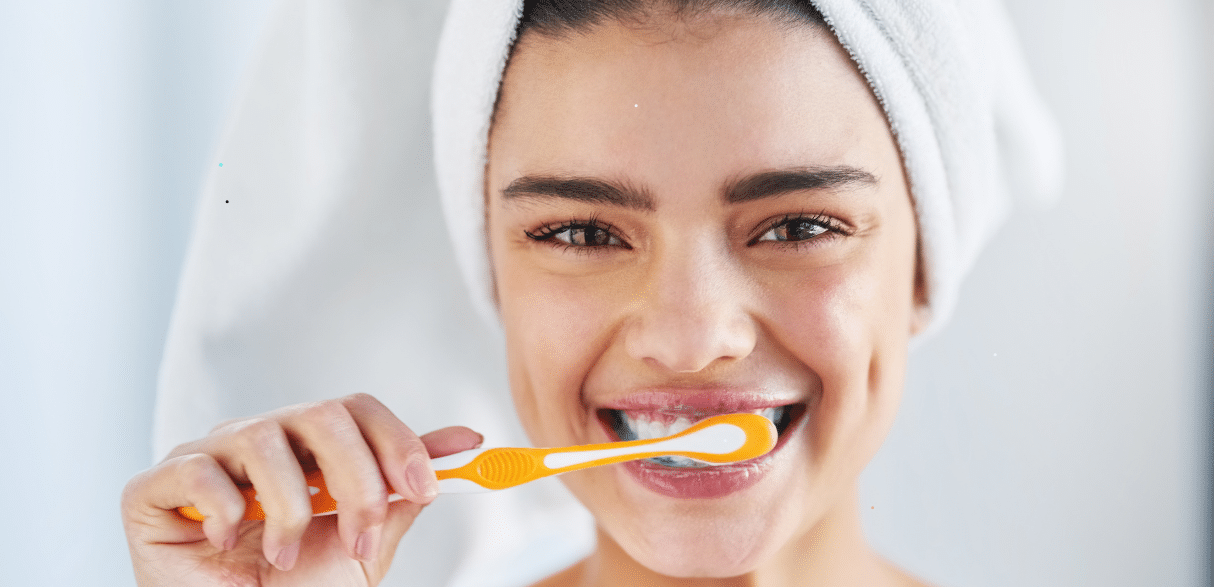Why Regular Dental Cleanings Outperform Intensive Brushing?
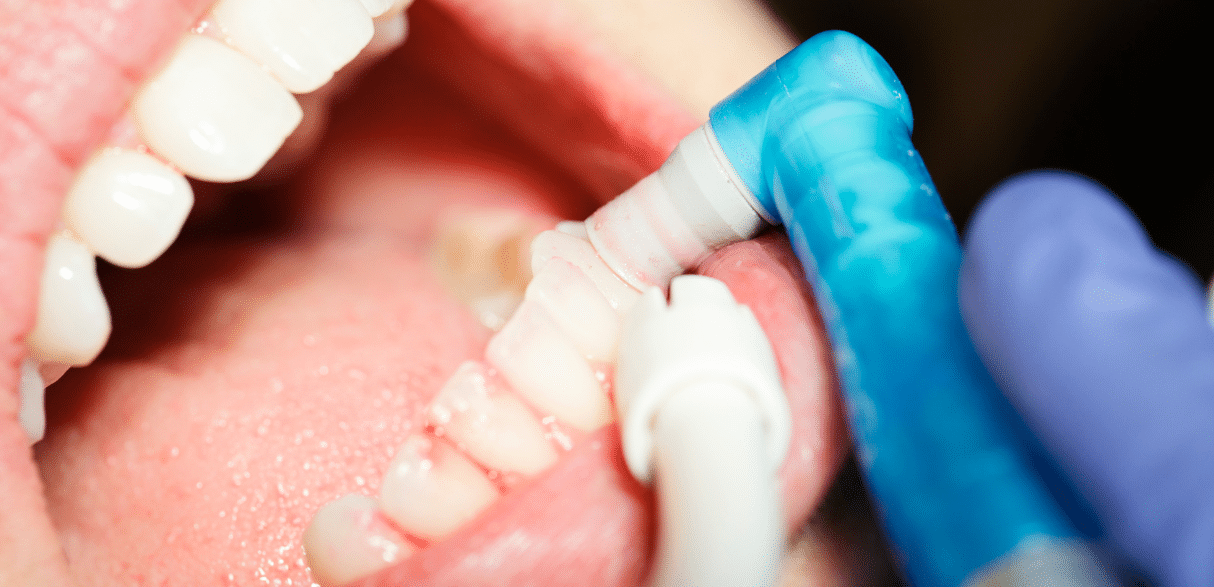
When it comes to maintaining a bright, healthy smile, many people rely heavily on intensive brushing. However, regular dental cleanings often provide superior benefits that brushing alone can’t match. While it’s essential to brush and floss daily, professional cleanings play a crucial role in your overall oral health.
Dental cleanings reach areas that brushing might miss, offering a deeper, more comprehensive clean.
This blog will explore why regular dental cleanings outperform intensive brushing, examining how cleanings benefit your teeth and gums more effectively. Discover how combining good brushing habits with regular visits to your dentist can keep your smile in top shape and protect against issues that intensive brushing alone can’t prevent.
The Science Behind Dental Cleanings
How Dental Cleanings Work?
- Professional Tools: Dentists use specialized instruments to remove plaque and tartar buildup.
- Techniques: Scaling and polishing techniques target hard-to-reach areas and smooth the tooth surface.
Benefits of Professional Cleaning
- Thorough Cleaning: Removes plaque and tartar that brushing misses.
- Prevents Gum Disease: Reduces the risk of gingivitis and periodontal disease.
- Detects Issues Early: Allows for early detection of dental problems.
Limitations of Intensive Brushing
Common Misconceptions
- Not a Complete Solution: Intensive brushing doesn’t remove all plaque and tartar.
- Potential Damage: Over-brushing can harm tooth enamel and gums.
Reasons Why Brushing Alone May Not Be Enough
- Misses Hard-to-Reach Areas: Brushing alone can’t reach between teeth and below the gumline.
- Ineffective Against Tartar: Tartar requires professional cleaning as it hardens over time.
Regular dental cleanings complement brushing by addressing areas brushing can’t reach and preventing long-term dental issues.
Comparison of Cleaning Techniques
Techniques Used During Dental Cleanings
- Scaling: A dentist uses a scaler to remove plaque and tartar from tooth surfaces and below the gumline.
- Ultrasonic Cleaning: High-frequency vibrations break up plaque and tartar, making it easier to remove.
- Polishing: A gritty paste and a rotating brush smooth the tooth surface, removing stains and any remaining plaque.
How They Differ from Brushing Methods?
- More Thorough: Professional tools reach areas that a toothbrush cannot.
- Plaque and Tartar Removal: Dental cleanings effectively remove hardened tartar, unlike regular brushing.
- Enhanced Techniques: Methods like ultrasonic cleaning offer a deeper clean compared to manual brushing.
Plaque and Tartar Control
How Dental Cleanings Manage Plaque and Tartar?
- Effective Removal: Dental professionals use advanced tools to eliminate plaque and tartar that brushing alone cannot.
- Prevents Buildup: Regular cleanings prevent the accumulation of tartar, reducing the risk of gum disease and cavities.
Why Brushing Alone Is Insufficient?
- Plaque Hardens: Plaque turns into tartar over time, which brushing alone cannot remove.
- Inaccessible Areas: Brushing may miss areas between teeth and below the gumline where plaque accumulates.
Dental cleanings ensure comprehensive plaque and tartar control, addressing limitations that brushing alone cannot handle.
Long-Term Oral Health Benefits
Impact of Regular Cleanings on Overall Health
- Reduces Risk of Gum Disease: Regular cleanings help prevent gum disease by removing plaque and tartar buildup.
- Prevents Tooth Decay: Eliminates plaque that can lead to cavities, ensuring healthier teeth over time.
- Decreases Bad Breath: Regular professional cleanings address the sources of persistent bad breath.
Benefits Beyond Just Cleaning
- Early Detection: Dentists can spot early signs of dental issues like cavities or oral cancer.
- Improves Overall Health: Good oral health is linked to reduced risks of heart disease and diabetes.
- Boosts Confidence: Clean teeth enhance appearance and contribute to better self-esteem.
Maintaining Optimal Oral Health
Best Practices for Brushing and Flossing
- Brushing: Use fluoride toothpaste and brush twice a day for at least two minutes.
- Flossing: Clean between your teeth daily to remove plaque and food particles.
How to Complement Cleanings with Daily Care?
- Regular Brushing and Flossing: Maintain good habits to keep plaque and tartar at bay between cleanings.
- Healthy Diet: Eat a balanced diet to support oral health and reduce plaque formation.
- Routine Checkups: Schedule regular dental visits to complement your home care and address issues early.
By following these practices, you can extend the benefits of professional cleanings and maintain excellent oral health.
Regular dental cleanings offer benefits that intensive brushing alone can’t match. They tackle plaque and tartar buildup, reduce the risk of gum disease, and help detect issues early. By combining professional cleanings with good daily oral hygiene practices, you can maintain optimal oral health and enjoy a brighter, healthier smile. Remember, your dentist’s expertise and your daily care together form the best strategy for long-lasting oral health.
